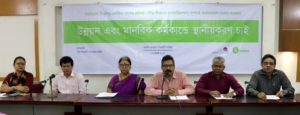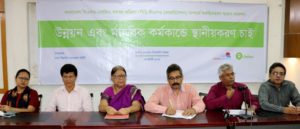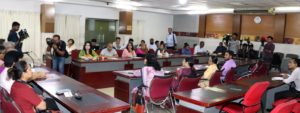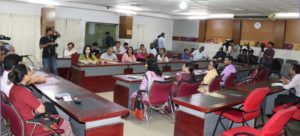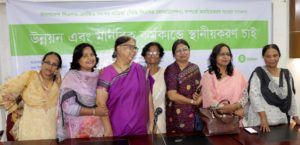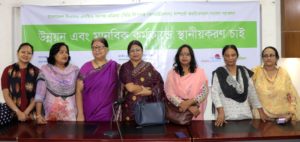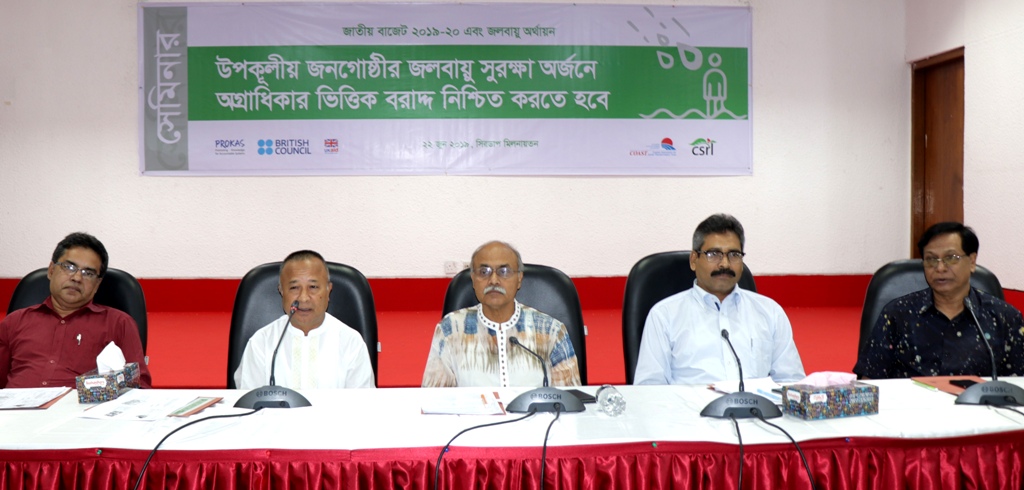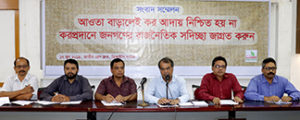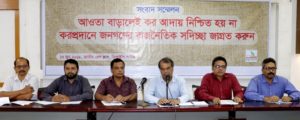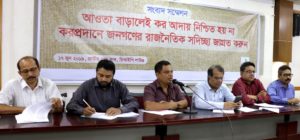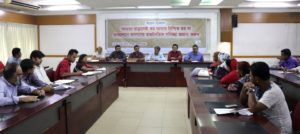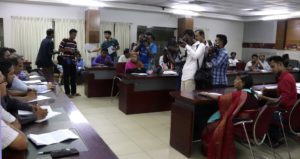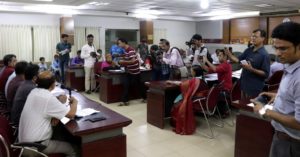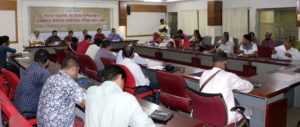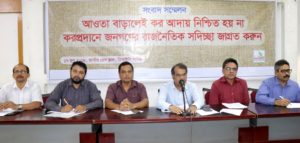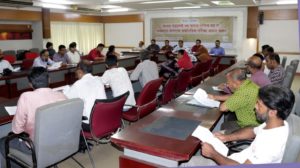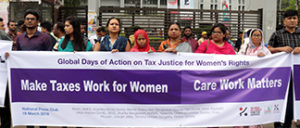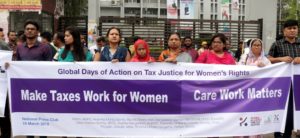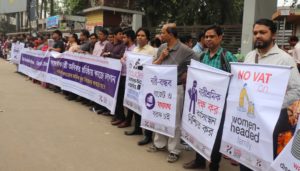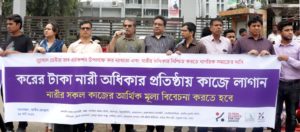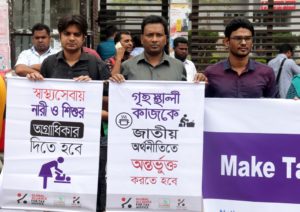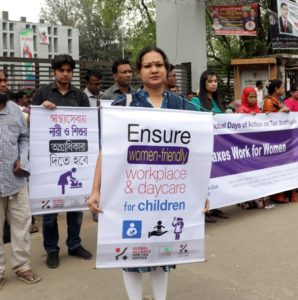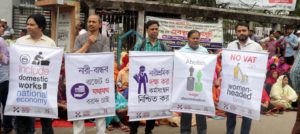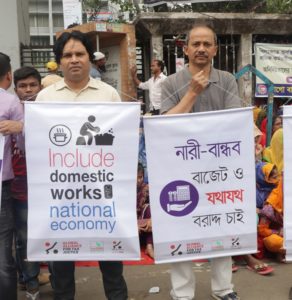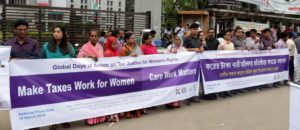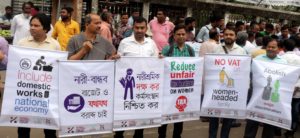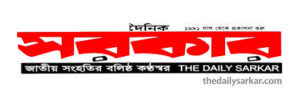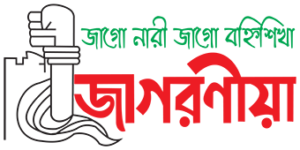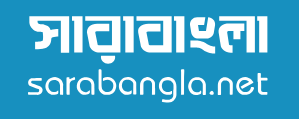 Dhaka, 7th July 2019: Around 700 local civil society and non-government organizations gathered to their National Convention for localization held on 6 July 2019 at Krishibid Institute in Dhaka to claim recognition as development actors of Bangladesh. The National Convention titled “Accountability and Localization for Humanitarianism and Development with Positive Engagement” was organized by Bangladesh CSO NGO Coordination Process with the assistance of COAST Trust and supported by Oxfam.
Dhaka, 7th July 2019: Around 700 local civil society and non-government organizations gathered to their National Convention for localization held on 6 July 2019 at Krishibid Institute in Dhaka to claim recognition as development actors of Bangladesh. The National Convention titled “Accountability and Localization for Humanitarianism and Development with Positive Engagement” was organized by Bangladesh CSO NGO Coordination Process with the assistance of COAST Trust and supported by Oxfam.
Dr. Quazi Kholiquzzaman Ahmad, Chairman of PKSF, said in his speech as the Chief Guest of the inaugural session that the need of local CSO and NGOs is indispensable for the country’s development.
The big event was a culmination process of last two years country wide process on uniting local CSO and NGOs for standing with self-esteem as the development actor of the country. The UN Resident Coordinator Ms. Mia Seppo have given inauguration speech while the concluding speech was given by Dr Atiur Rahman, Ex-Governor Bangladesh Bank. Ms Aroma Dutta MP, Mr. Gokul K Ghosh, Director NGO Bureau, Ms Saheen Anam, Manusher Jonno Foundation, Ms Phedra Moon Morris of Canadian Embassy and Mr. Ajmat Ulla, IFRC Country Representative were also present in the daylong convention and spoke in different sessions. There were participant delegates from ECHO/ European Union, USAID, DFID and other donor groups and I-NGO.
Apart from the inaugural and concluding session, there were three different sessions on accountability charter; charter of expectations with complementarity and inclusiveness with government, donors and INGOs; local NGOs’ contribution to SDG, vision 21 and 41. There were several international speakers including Mr. Pierre Hauselman from HQAI Geneva, Mr. Jeremy Wallard from ICVA Geneva, Mr. Nick Guttman from Christian Aid UK, Ms. Anne Street from Charter 4 Change and CAFOD UK, Ms. Nivedita Datta from VANI and Mr. Nila Madhab Prusty from HAI India, Ms. Anita Katakuzzy and Mr. Vincent Koch from Oxfam International. Mr. Jashim of ADAB, Mr. Rafiqul of FNB, Mr. Rafiqul of DUS, Mr. Nayeem Warha of Disaster Forum and Mr. AHM Bazlur Rahman of BNNRC moderated and spoke in different sessions.
Mr. Mostafa Kamal Akanda of COAST and Mr. Monjur Rashid of Oxfam placed the Charter of Self-Accountability that pledged the Local NGOs CSOs will be transparent and accountable to public and to their values related to right based approach. Mr. Barkat Ullah Maruf and Mr. Nayeem Warha read out the Charter of Expectations that demands from government on recognition of NGO work as development and not to shrink their space by any law or policy as they are serving the poorest. The Charter also demanded the INGOs should be limited only in monitoring and technical assistance instead of direct operation, treating equality in partnerships. The charter demanded from donors for investment in promoting the demands of accountability from bottom.
Ms. Mia Seppo said free and active civil societies are the indicators of a healthy participatory democracy and supportive environment of development.
Ms. Phedra Moon from Canadian Embessy urged all actors for dialogue on new draft social welfare law for better contribution to Development.
Ms. Aroma Dutta MP urged government to allocate fund from budget for local NGOs.
Mr. Atiur Rahman, the ex-Governor of Bangldesh Bank said by placing different promising figures of the country that local NGOs have to complement, collaborate with the government and should be innovative for new prosperous Bangladesh.
Please download related paper [Bangla Press Release] [English Press Release] [ Presentation ]
Photos
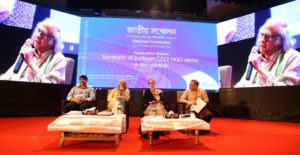 |
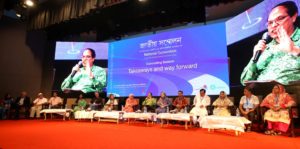 |
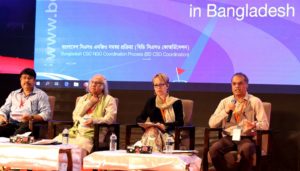 |
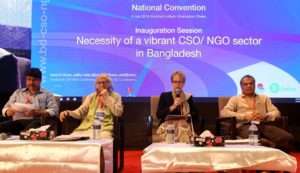 |
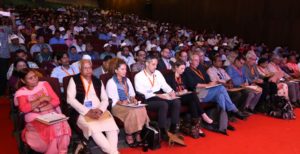 |
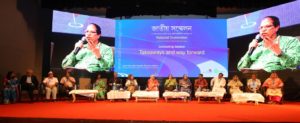 |
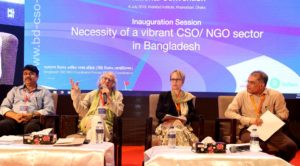 |
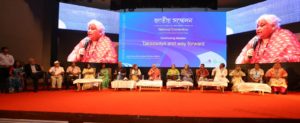 |
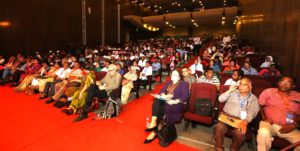 |
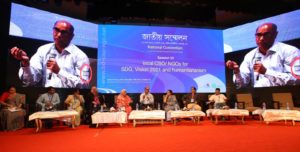 |
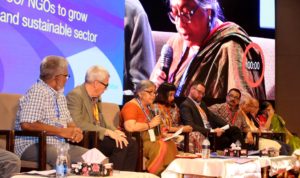 |
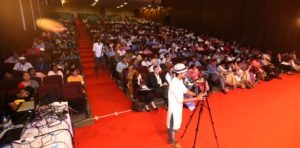 |
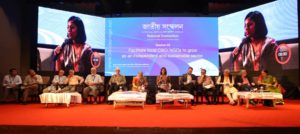 |
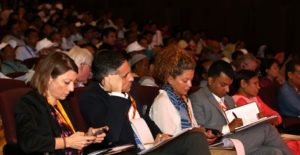 |
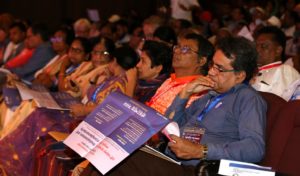 |
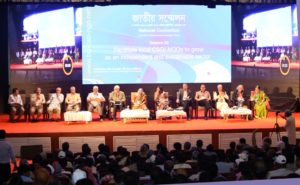 |
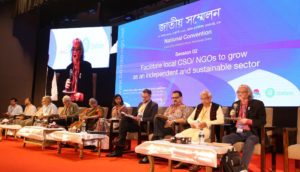 |
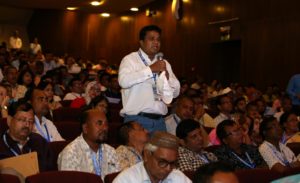 |
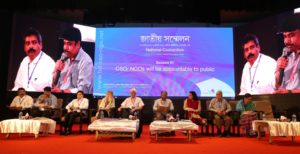 |
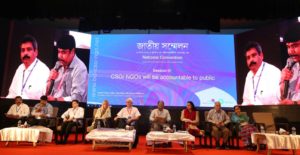 |
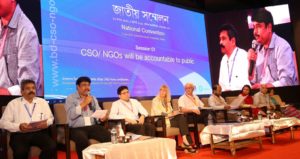 |
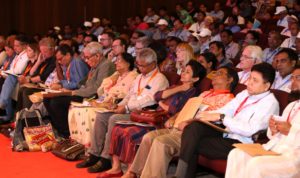 |
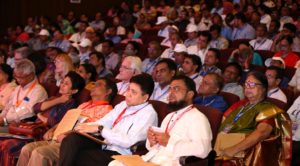 |
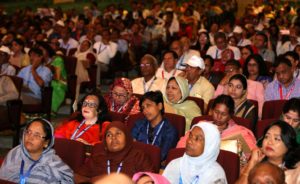 |
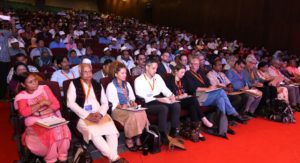 |
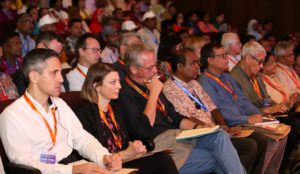 |
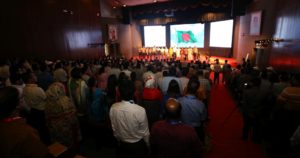 |
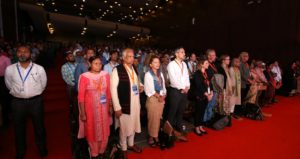 |
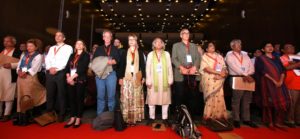 |
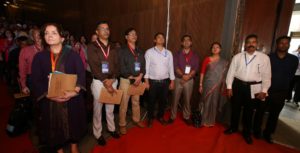 |
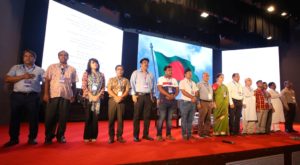 |
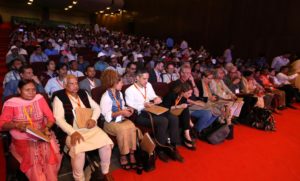 |
Newslink
 |
 |
 |
|
 |
 |
 |
|















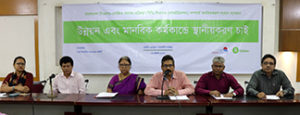 Dhaka, July 3, 2019. CSO and NGO leaders urged UN agencies and INGOs to ensure their equal participation in selecting partnership in Bangladesh. They also demanded that, UN agencies and INGOs activities must be limited only in monitoring and technical assistance, they must refrain themselves from field operation. CSO and NGO leaders were talking in a press conference titled, ‘UN Agencies and INGOs Activities Must be Limited in Monitoring and Technical Assistance in Bangladesh. We demand equal participation for local CSOs to be in leadership in Development Efforts with Equal Participation’. They also opined that, equality-based partnership is essential for the survival and sustainable development of local NGOs.
Dhaka, July 3, 2019. CSO and NGO leaders urged UN agencies and INGOs to ensure their equal participation in selecting partnership in Bangladesh. They also demanded that, UN agencies and INGOs activities must be limited only in monitoring and technical assistance, they must refrain themselves from field operation. CSO and NGO leaders were talking in a press conference titled, ‘UN Agencies and INGOs Activities Must be Limited in Monitoring and Technical Assistance in Bangladesh. We demand equal participation for local CSOs to be in leadership in Development Efforts with Equal Participation’. They also opined that, equality-based partnership is essential for the survival and sustainable development of local NGOs.